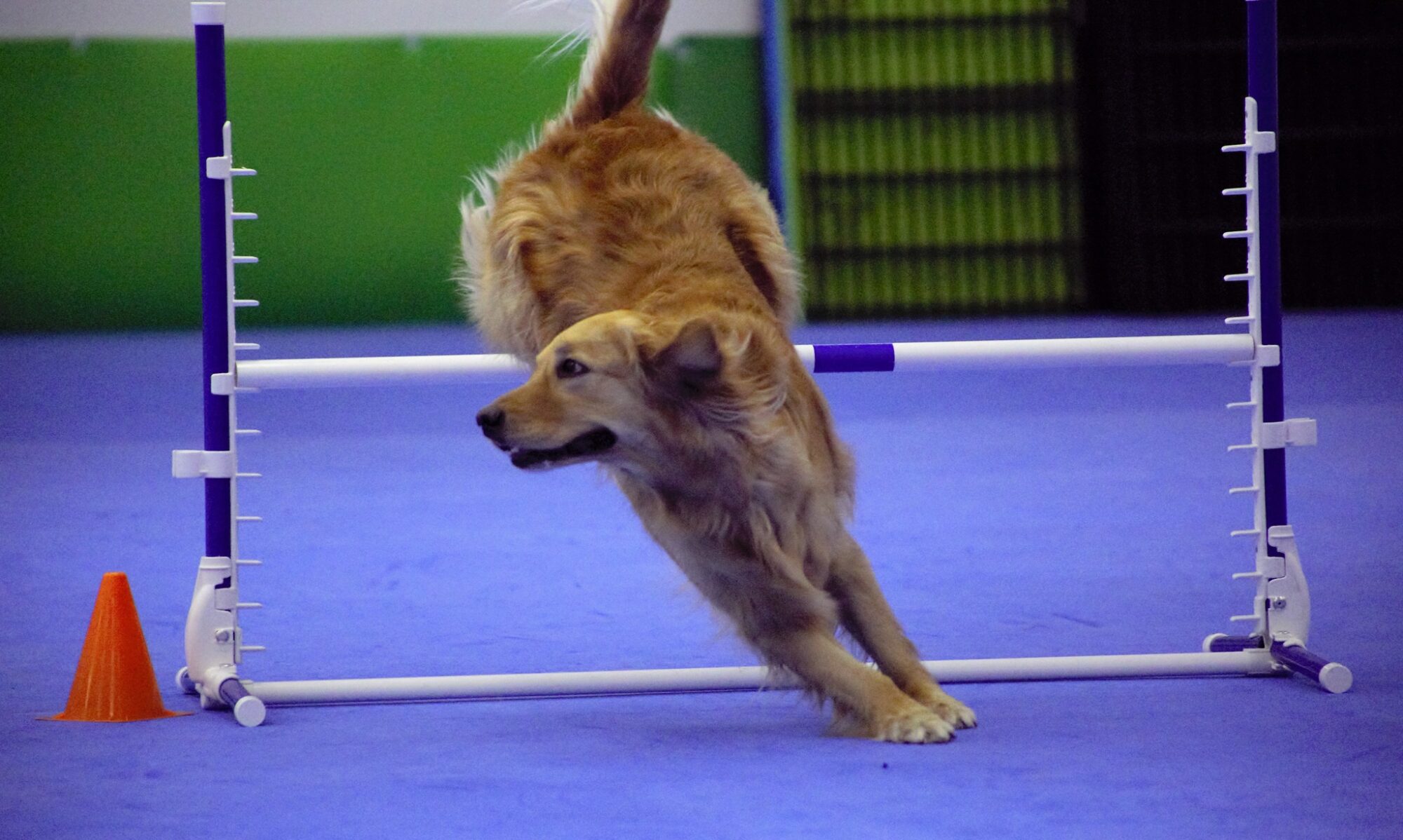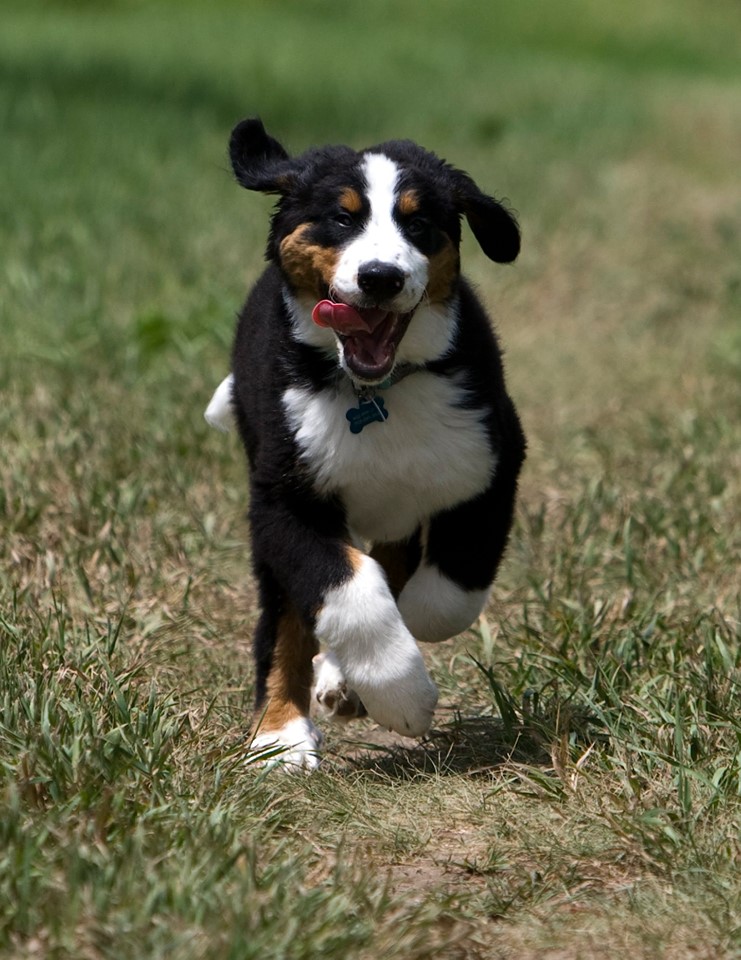Right from the Start!
Ace’n Dog Training is the perfect place to start the learning process with your new puppy or dog!
PUPPY HEAD START
For puppies 8 to 16 weeks. In this class, we start with basic foundation skills. Our main purpose is puppy socialization, where we start working on all things puppy. Class is 4-1 hour sessions @ $100.
What Makes a Good Puppy Class? By Dr Ian Dunbar
Puppy classes should be taught off-leash for the entire session, (except, of course, when pups are learning to walk on leash). Puppies are off-leash at home and at the park, so you need to learn how to control your puppy off-leash, which obviously you cannot do if the pups are on-leash in class.
Also, puppies need as much time as possible to play with other dogs (and so acquire solid bite inhibition and develop soft mouths) and to interact with every person in the room, especially men, children and strangers. They cannot do this if they are on-leash. Anytime spent sitting with your puppy on-leash and listening to a trainer talk is wasting precious socialization and training time.
The ongoing play session should frequently be interrupted (every minute or so) by numerous short training interludes, so that the puppy learns to respond quickly, reliably and happily to their owners’ requests. Every time the play session is interrupted, e.g., by a Sit-Down-Sit sequence, or a ten-second Down-Stay, the puppy may be told “Go Play” again as a reward. Thus, playing-with-other-dogs may be used over and over as a reward for training, rather than becoming a distraction that works against training.
If, on the other hand, play sessions are uninterrupted and separate from the training session, the puppy will soon learn that training and playing are mutually exclusive and to prefer play to training. Puppies will learn to ignore owners’ requests, the play session will become out of control, some pups will become too pushy and others will become fearful. Having a short play session (at the beginning, end, or during the middle of class) that is distinct and separate from a training session can be extremely detrimental for puppy obedience. Your pup will never learn to listen and respond to you when distracted and your pup will become out of control before he reaches adolescence. It is essential that the play session lasts for the entire class and is frequently interrupted with numerous short training interludes.
Classes should include puppies of all sizes and all play-styles. Small dogs need to develop confidence and learn how to act around larger and more active dogs, and larger, more active dogs must learn to be gentle around smaller and less active dogs. Sessions with only large and active dogs produce over-the-top play styles and dogs that are likely to annoy or bully other dogs in the real world.
Sessions limited to small dogs only are a potential disaster. Certainly, they may quickly gain confidence around other small dogs, but some small dogs quickly become too big for their boots and none of them are given the opportunity to develop confidence around larger dogs. In the real world, small bossy dogs may get into trouble and small fearful dogs are attack-bait for other marginally-socialized dogs.

